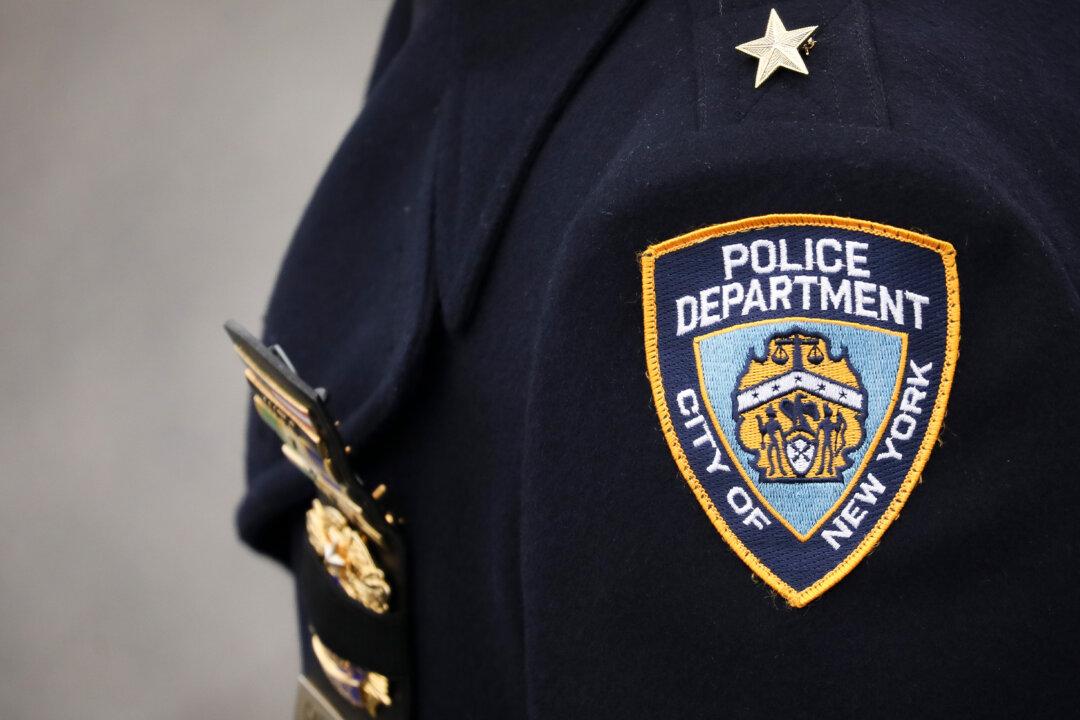A group of lawmakers has renewed efforts to make it easier to sue police officers for damages by reintroducing a bill that seeks to eliminate “qualified immunity.”
The group led by Sen. Edward J. Markey (D-Mass.) and Rep. Ayanna Pressley (D-Mass.) on Monday reintroduced the Ending Qualified Immunity Act that attempts to abolish the Supreme Court-made legal doctrine.




